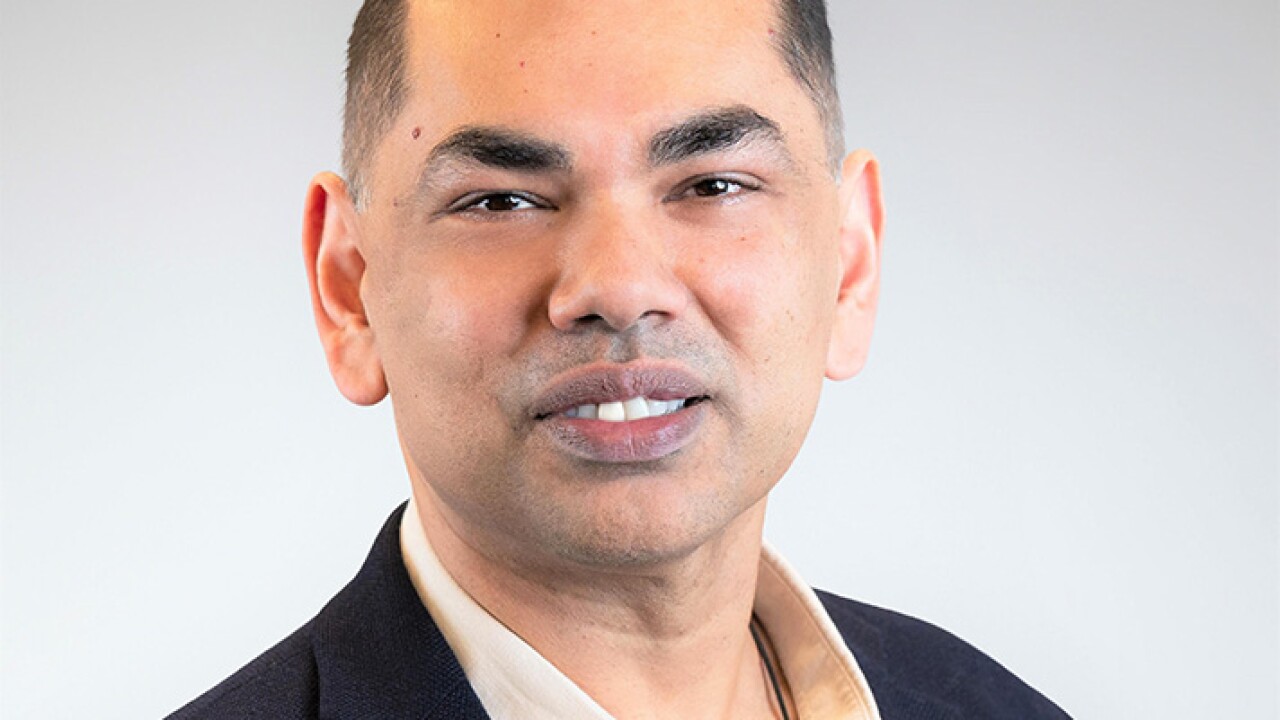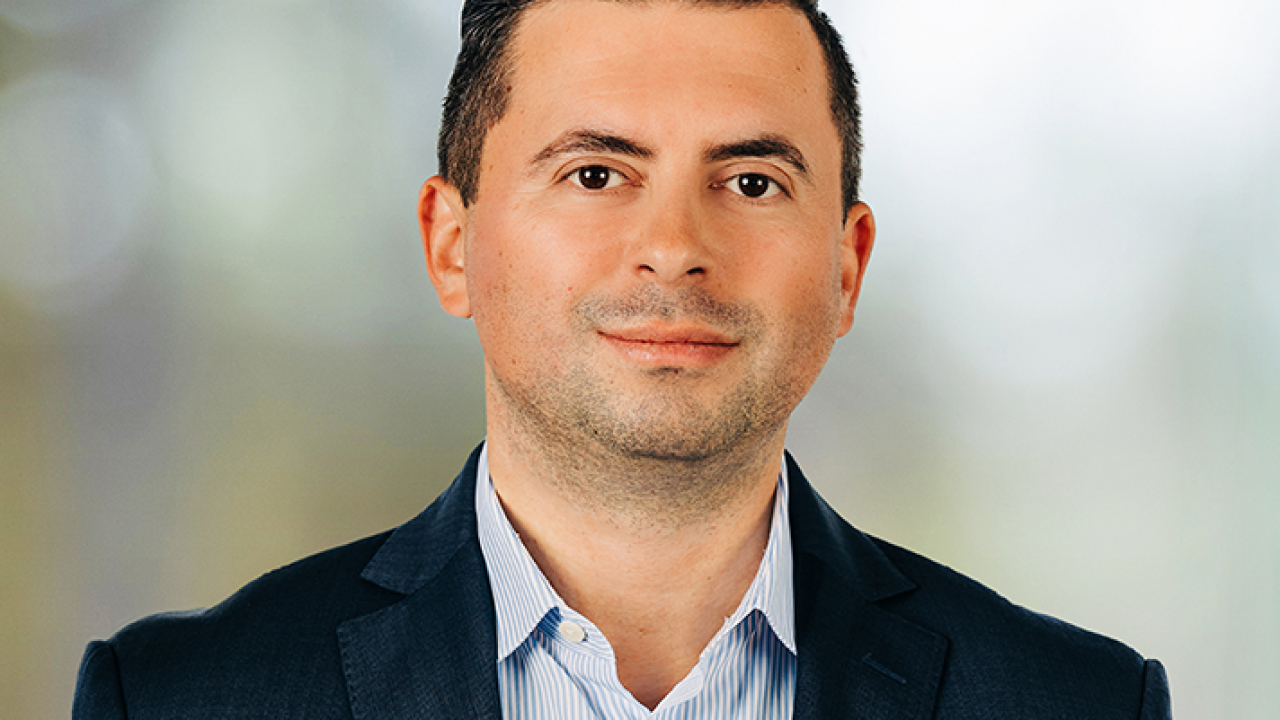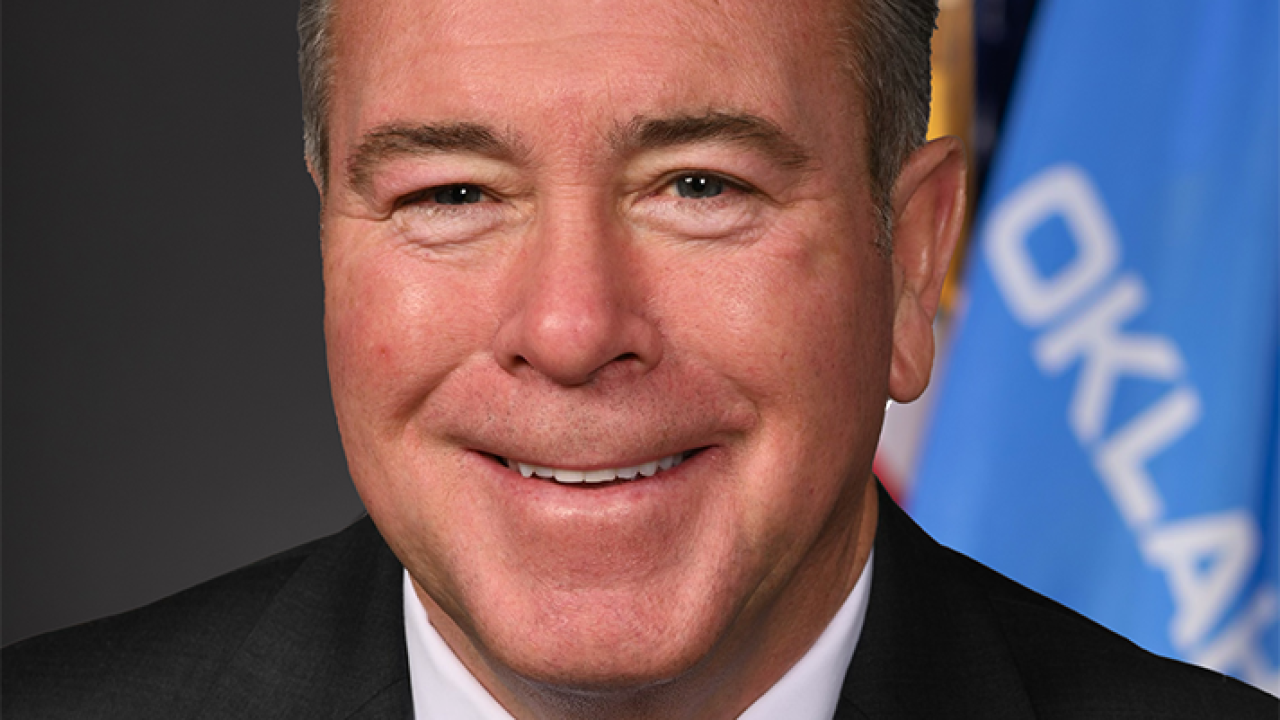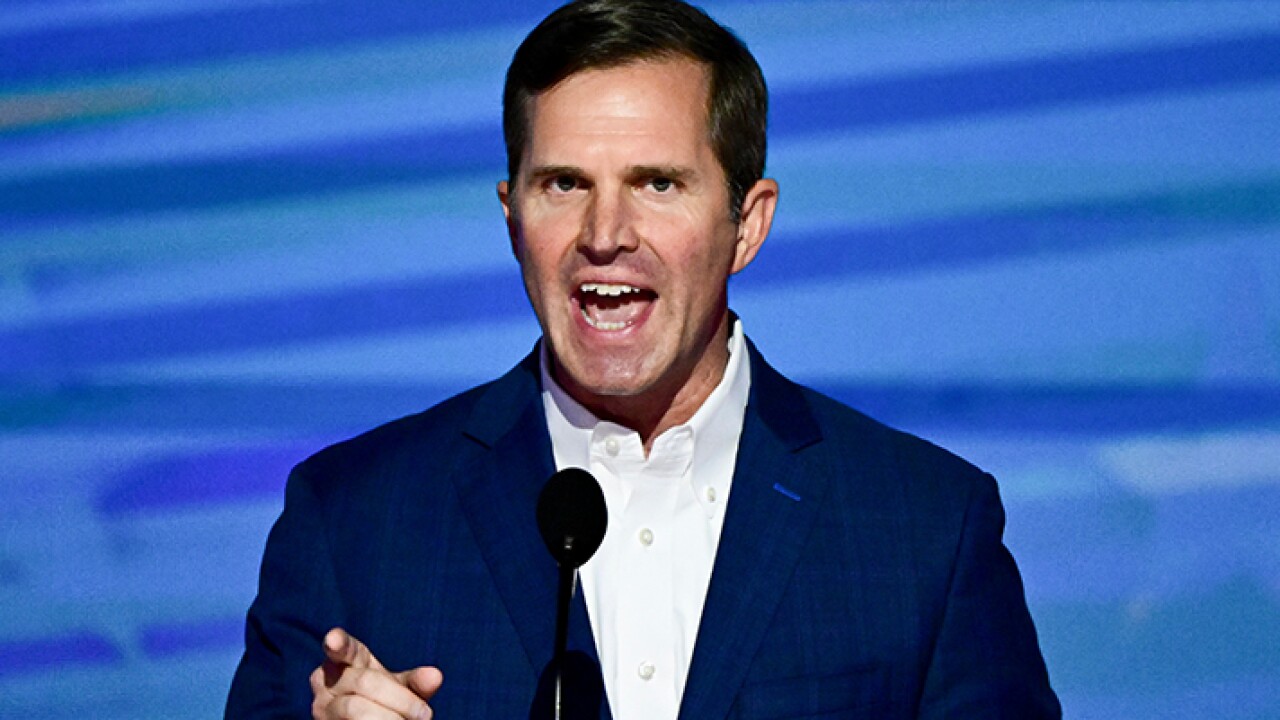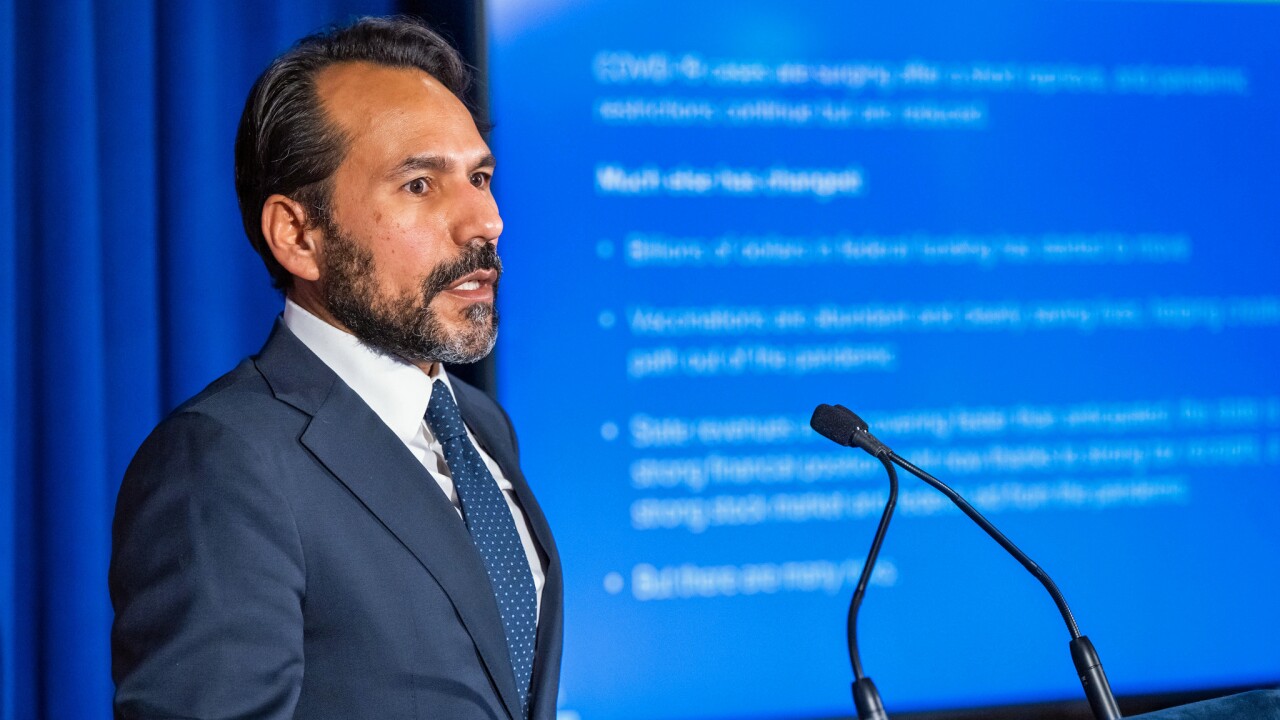Federal Reserve Vice Chairman Stanley Fischer said a council of financial regulators established by the Dodd-Frank Act may need more authority to help guard against threats to the banking system.
Members of a committee of key regulators, including the Fed and the Treasury Department, would benefit from having financial stability added to their mandates, Fischer said late Thursday in his first speech since joining the central bank.
The panel, known as the Financial Stability Oversight Council, could also be given greater independence to address systemic risks, Fischer, a former governor of the Bank of Israel, said in Cambridge, Massachusetts.
"It may well be that adding a financial stability mandate to the overall mandates of all financial regulatory bodies, and perhaps other changes that would give more authority to a reformed FSOC, would contribute to increasing financial and economic stability," Fischer said. He cited research by former Fed Vice Chairman Donald Kohn, a senior fellow at the Brookings Institution in Washington who sits on the Bank of England's Financial Policy Committee.
Fischer's proposals for the council came in a lecture that reviewed progress toward ensuring stability since the crisis of 2007-2009. As Fischer and Kohn make the case for strengthening FSOC, lawmakers are attempting to curtail the panel's work, arguing is too inclined to designate companies for Fed oversight.
House members from both parties sent an April 9 letter to Treasury Secretary Jacob J. Lew saying the FSOC should be more transparent in how it evaluates asset managers. While Treasury's Office of Financial Research has said the activities of large asset managers could pose a risk to the stability of the financial system, officials haven't explained publicly how or when decisions about asset managers will be made.
"With the exception of agencies dealing in classified information related to national security, FSOC may very well be the nation's least transparent federal entity," House Financial Services Committee Chairman Jeb Hensarling, a Texas Republican, said at a June 24 hearing.
Representative Scott Garrett, a New Jersey Republican, said at the same hearing that the FSOC picks winners and losers among financial companies and operates in an opaque manner.
Lew pushed back at the hearing, saying that "if we avoid or are discouraged from asking questions" altogether, "our financial system will be more exposed to unseen risks."
Fischer also said the threat of too-big-to-fail banks will never entirely go away even after regulators have strengthened the banking system and reduced the odds of future failures.
"We should never allow ourselves the complacency to believe that we have put an end" to too-big-to-fail, and regulators must continue to work toward ending the need for government financial intervention in crises, Fischer said at a lecture hosted by the National Bureau of Economic Research.
Whether breaking up the largest banks ends the need for future bailouts still isn't clear, he said, citing the 2008 bankruptcy of Lehman Brothers Holdings Inc. While it wasn't "one of the giants," it was connected with a very large number of other financial institutions, he said.
Dodd-Frank, signed by President Barack Obama in July 2010, expanded the Fed's power to oversee the largest financial institutions and gave regulators new tools aimed at preventing a repeat of the 2007-2009 financial crisis. It imposes rules on derivatives, limits the ability of banks to trade on their own account and establishes guidelines for mortgages.
While banks are safer and Dodd-Frank is a "major achievement," he said regulators must do more research on the "effectiveness of microprudential and other tools that could be used to deal with macroprudential problems."
Fischer joined the central bank in May and succeeded Janet Yellen as the No. 2 official after she became chair in February. On Yellen's recommendation, Obama nominated Fischer in January, calling him "one of the world's leading and most experienced economic policy minds."
Minutes of the June Federal Open Market Committee meeting, Fischer's first since joining the central bank, showed yesterday that some policy makers were concerned investors may be getting too complacent and indicated they're on the lookout for excessive risk-taking.
Officials agreed their asset purchases would end with a final reduction of $15 billion after their October meeting if the economy progresses as they expect. The FOMC continued cutting the monthly pace of asset purchases in June for a fifth straight meeting, with a reduction of $10 billion, to $35 billion.
Policy makers in June also moved closer to deciding on the main tool they will use to tighten monetary policy when the time comes.
Fischer's speech brings him back to the city where he earned his economics doctorate at the Massachusetts Institute of Technology in 1969 and joined the faculty in 1973. At MIT he taught future policy makers including former Fed Chairman Ben S. Bernanke and European Central Bank President Mario Draghi.
Fischer was chief economist at the World Bank from 1988 to 1990. After returning to teaching at MIT, he joined the International Monetary Fund as the No. 2 official in 1994, helping to quell financial crises in Mexico, Russia and Asia. He was a Citigroup Inc. vice chairman from 2002 to 2005.
Fischer, who holds U.S. and Israeli citizenship and lives in New York, led the Bank of Israel from 2005 through 2013. He was credited with helping the Israeli economy weather the global financial crisis better than most developed countries.

